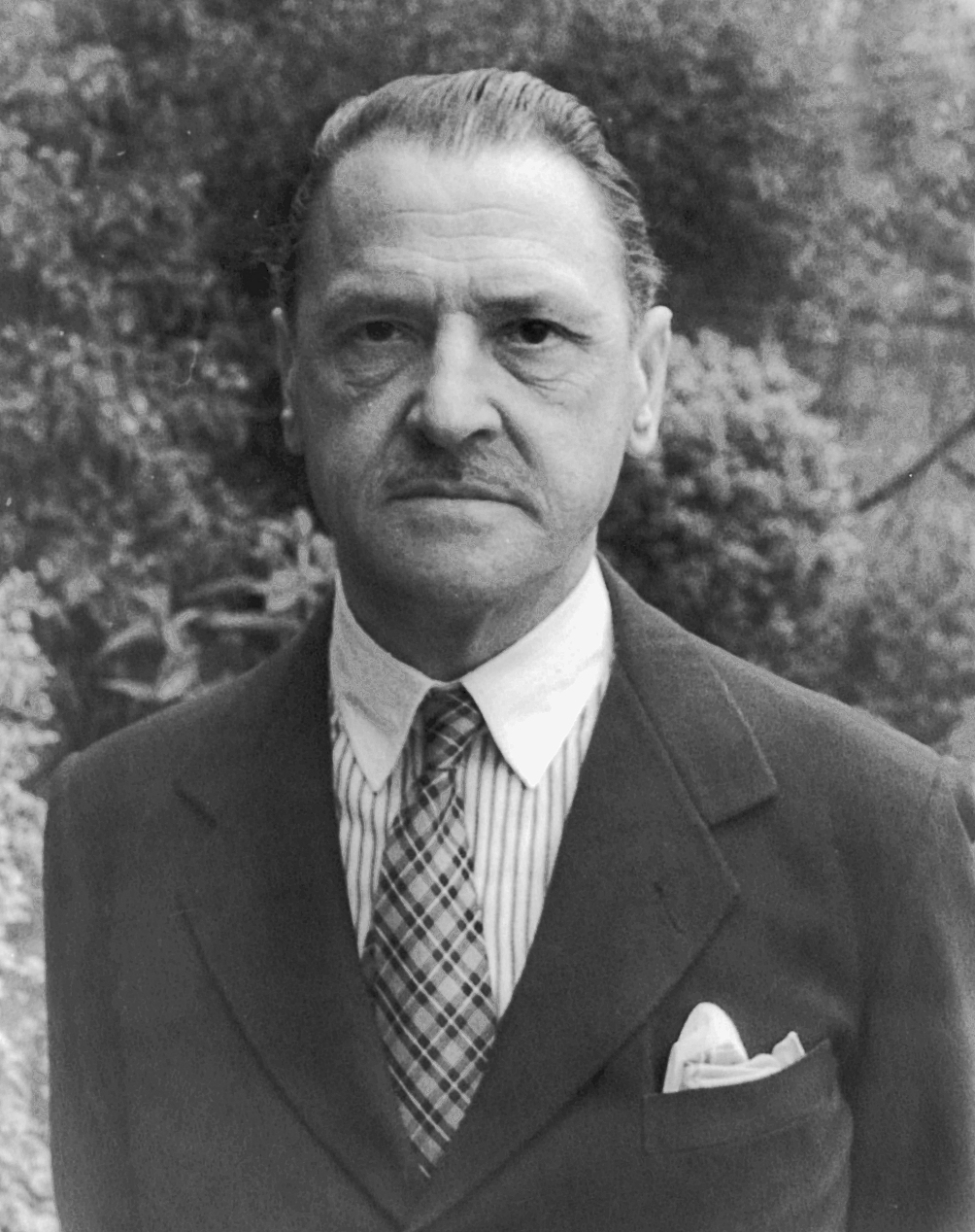W. Somerset Maugham
 | William Somerset Maugham (January 25, 1874 – December16, 1965), known as W. Somerset Maugham, was a popular British writer of novels, plays and short stories. He was born in the British Embassy in Paris, where his father was a lawyer. He was left an orphan at age and sent back to England to live with an uncle and attend King’s School in Canterbury, where he was an outsider and developed a stammer. At age 16 he left school and studied in Heidelberg for a year. He struggled to find a profession, eventually studying medicine in London, where he witnessed death, pain, hope, fear, and relief first hand. He had been writing since age 15 and in 1897 published his first novel, Liza of Lambeth, a story of working-class adultery. It quickly sold out its first print run, prompting him to become a full-time writer. He had a hit play in 1907 with Lady Frederick, and at one time had four plays running concurrently in London. When the war broke out, he served in France with the British Red Cross as a member of the “Literary Ambulance Drivers” group that included Ernest Hemingway, John Dos Passos, and E.E. Cummings, and later served in British Intelligence. Initial response to Of Human Bondage in 1915 was mixed until high praise from influential critic and writer Theodore Dreiser lifted it to success. Other major works include The Moon and Sixpence, a novel based on the life of Paul Gauguin, andThe Razor’s Edge. Writers as diverse as Anthony Burgess, Ian Fleming, George Orwell, and Stephen King cite Maugham as an important influence. |
There are no products to list.
